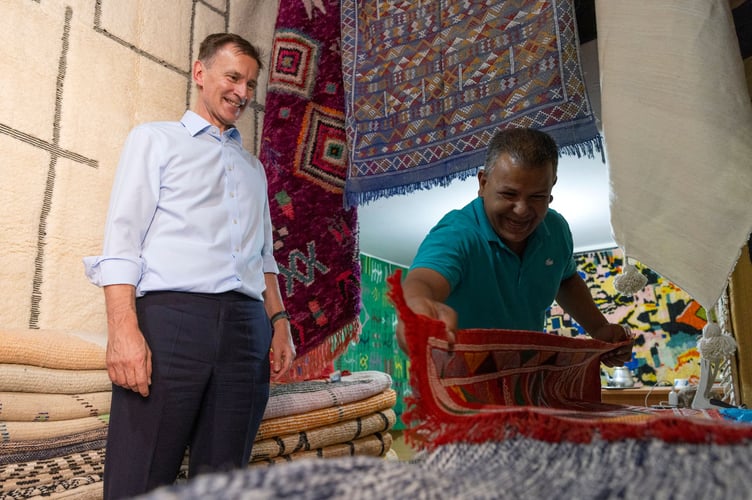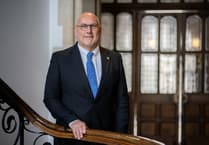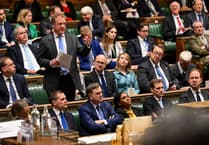There is currently more global turbulence than I can remember in my political life, and it formed the backdrop for the IMF and World Bank meetings in Marrakech last week.
Russia’s invasion of Ukraine last year has caused countless global repercussions– not least contributing to global inflation, something I am totally focused on reducing domestically in my role as chancellor.
There have been several humanitarian crises across the world, including earthquakes such as the recent ones in Afghanistan and in Morocco in September. And, of course, what is happening in Israel is likely to have long-term global impacts too.
In light of all of that, it is crucial that we ensure two things. Firstly, we need to be resilient and make sure we are doing all we can to stabilise the world’s economy. Secondly, we need to be ready to take advantage of future opportunities– from AI to net zero– so we are able to face future challenges as well.
The IMF and World Bank meetings in Marrakech are an important calendar date for both of these goals as nothing can quite compare to face-to-face conversations with government representatives from different countries.
I had a very productive conversation with Kristalina Georgieva, who is the managing director of the IMF. The IMF is an essential body in itself when it comes to managing global financial stability.
They recently downgraded our growth forecasts but, frustratingly, did not account for the ONS revising up our growth by a significant 1.8 per cent of GDP.
However, they still say our longer-term growth post-2025 will be higher than France, Germany and Italy, so I spoke to Kristalina about the measures I am putting in place to make sure we achieve that – by reducing inflation and supporting our fastest-growing sectors.
I also had private meetings with finance ministers – including from the US, India, Ukraine, Germany and Canada. A few topics definitely came up several times: the Israel-Hamas war, Russia’s illegal invasion of Ukraine and how to manage inflation while boosting economic growth.
The challenges we are facing here in the UK are absolutely similar and linked to those faced elsewhere so we must work closely with our key allies to achieve those long-term successes.
There is lots to work on but many global opportunities too – and, of course, loads to think about in the next month leading up to the Autumn Statement.





Comments
This article has no comments yet. Be the first to leave a comment.